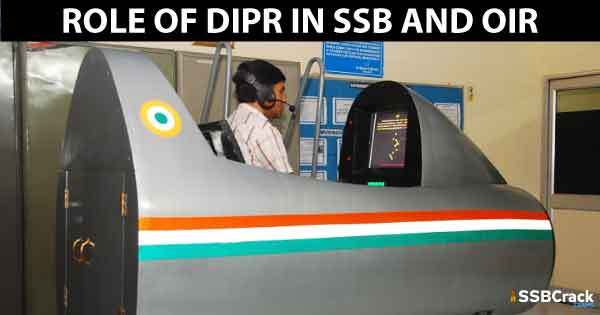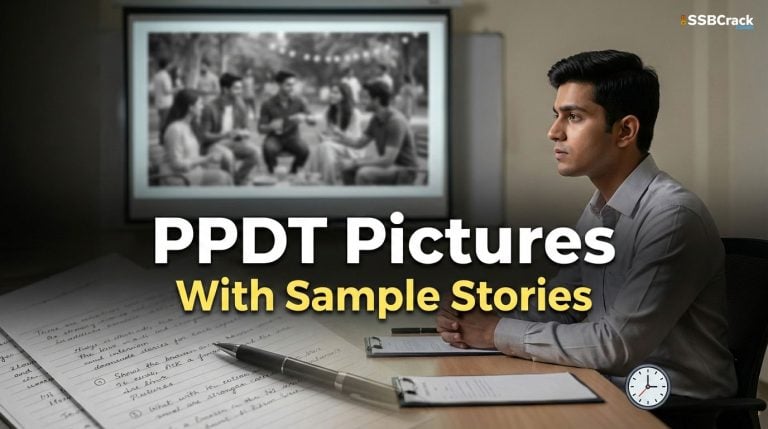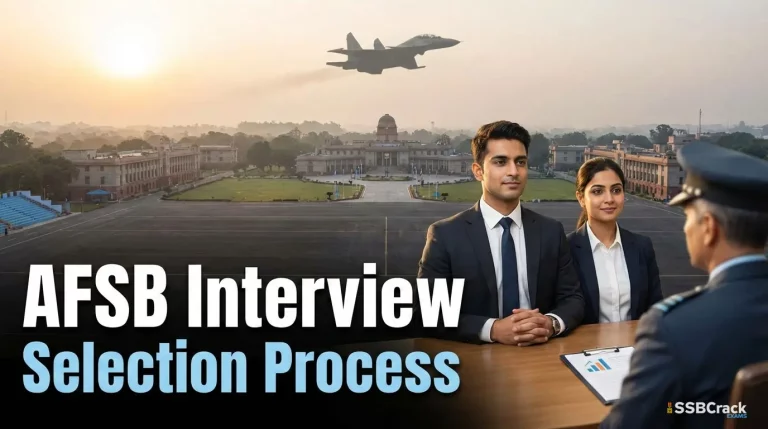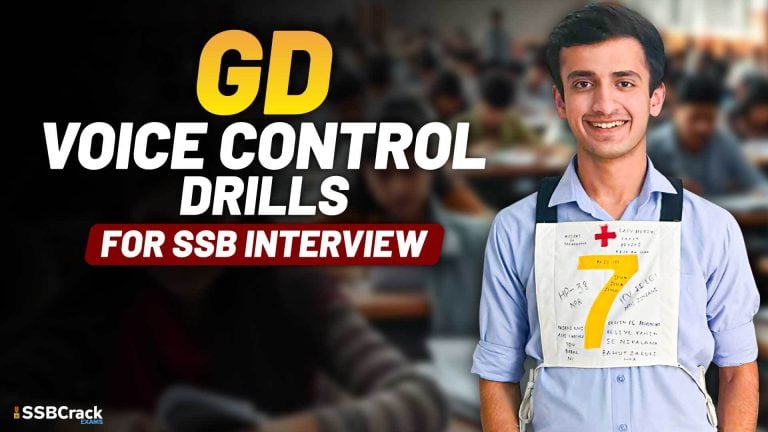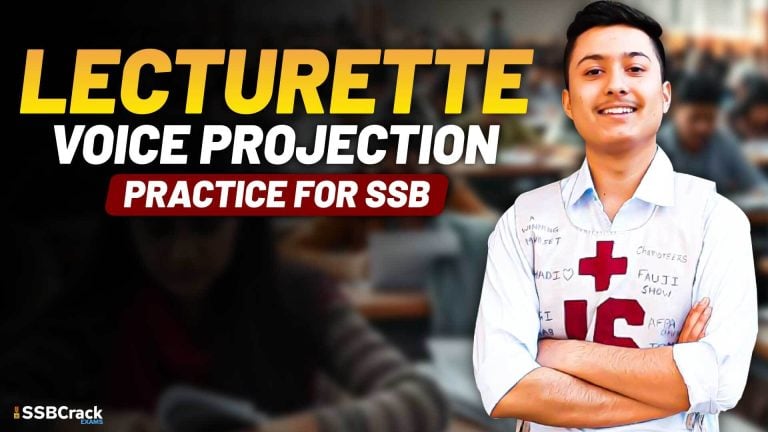The Intelligence tests are conducted to determine the OIR of the candidates’ consists of two types of tests – verbal and non-verbal. Both of these tests comprise of questions that vary 40 to 55 in numbers and the time also varies from 20-30 minutes depending upon the difficulty level of the intelligence tests. Both of these tests consist of questions that found their relevance in the analytical, mathematical, logical as well as semantic domain. An average candidate possessing common sense and basic intellect will be able to solve these questions with high accuracy with no prior preparation but with coming days the difficulty level of these tests is being revised by the DIPR in order to meet the current level of intelligence of the candidates.
The SSB aspirants are now exposed with a wide variety of information and also they get acquainted with the competitive examinations earlier in their life, so it is expected that they need to be challenged with intelligence tests of a higher level. OIR intelligence tests consist of the verbal and non-verbal type of questions and each of these papers focuses on different intellectual abilities of the candidate by projecting the different type of questions in a timed manner.
The verbal type of questions focuses on:
• Arithmetic
• Multiple choices
• Coding/decoding
• Common man series
• Alphabetical tests
• Odd man out
• One-word substitution
• Relationship
• Spelling test
• Analogy
• Direction Sense
• Synonyms
• Jumbled words
• Reconstruction of sentences
• Completion of series
The non-verbal type of questions focuses on:
• Which figure is different from other figures
• Find the hidden or embedded figure
• Complete the figure
• Completion of series
• Analogy
• Cube and dice
• Classification
• Simplification
When we are talking about verbal tests then it is clearly understood that it is focused on finding the level of conceptual clarity in the mind of a candidate with regard to reasoning type of questions. These type of questions are aimed to evaluate the thinking and logical capacity of a candidate in a constructive manner. In the non-verbal type of questions, a series of figures and patterns are given and the candidate has to find the correct one by figuring out the relations between them.
The questions correctly find out the capability of a candidate in working during complex situations with full efficiency and accuracy. Both, the verbal and non-verbal forms as a cohesive unit for the intelligence tests and provides two-dimensional accurate intellect level of the candidate. There is no negative marking in both these tests so as to encourage the candidates to mark the answers freely without worrying about the end result and also focus is to make them challenge their mental abilities in short duration of time.
OIR tests are required in order to test the basic reasoning ability of the candidate along with his logical stand with regard to medium to the complex type of questions. The candidate’s ability to answer, quickly and correctly and their capacity to think at the spur of the moment are tested in this test. The proficiency of the candidate in any field is not tested, as mentioned in the above points the questions are simply based on logical reasoning.
Role Of DIPR In SSB And OIR
The mission of the Defence Institute of Psychology and Research (DIPR) as stated in their official capacity is, “Design and develop psychological products and services in the selection, training and the human factors towards psychological preparedness and well-being of Indian Armed Forces.” The three major fields where DIPR is working currently are personnel selection, organisational behaviour and the human factor.
Initially, the Psychological Research Wing (PRW) was established in independent India for the very first time in 1949 under the aegis of Defence Science Organization (DSO). Again, in 1962 the PRW was re-designated as Defence Psychological Research (DPR) while the Applied Psychological Laboratory (APL) acted as its lower formation. In 1982, the DPR was declared as an independent unit and was named as Defence Institute of Psychological Research (DIPR).
The main role that was given to the DIPR from its early beginning was to select the officers for the Indian armed forces through established deep psychological techniques. With the growing mergers between the organisations and DIPR being declared an autonomous unit, it work was expanded to conducting research in the psychological domain for the selection of personnel for officer cadre and at the same time to develop some tools to select officers in the already established SSBs.
It was also tasked with to train new assessors incomplete methodological and psychological assessment for the purpose of selection of candidates in SSBs and to continue the selection outcomes and the already achieved numerals. The main function of DIPR with regard to SSBs is to provide complete know-how and guidance to all the Service Selection Boards which includes Airforce and Naval Selection boards as well. DIPR also undertook the relevant and rigorous training of the personnel who are attached with the SSBs for the selection duties.
DIPR continuously strives to work in relatively new areas of research related to morale, ideological convictions group effectiveness, leadership behaviour, job satisfaction, high altitude effects, motivation, attitudes, anthropometrics, civil-military relations and other issues related to Armed Forces.
You can prepare for SSB interview and defence entrance exams such as NDA, AFCAT, INET, and CDS by taking Written Online courses as they will not only give you access to full-length quality lectures but will also provide the facility to take standardized mock tests for better study and strategic growth in the exam. You can take multiple quizzes after each lesson to ensure the full understanding of the subject along with creating your customized lesson plans. You can check out the course content along with other important specifics at SSBCrack exams.
You can also access them through the SSBCrack Exams app available in the google play store.
Jai Hind
